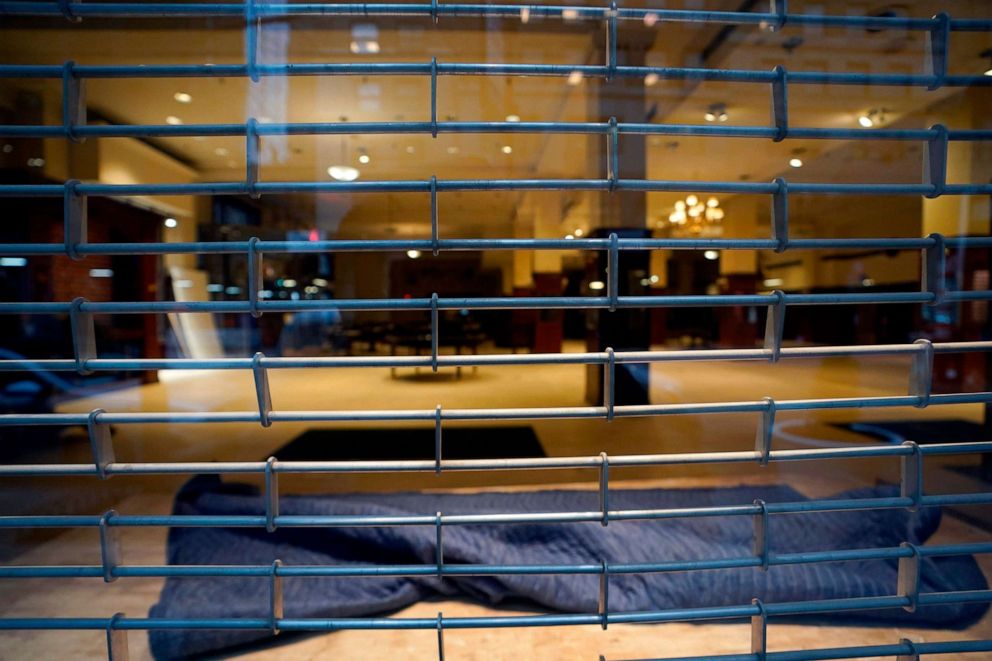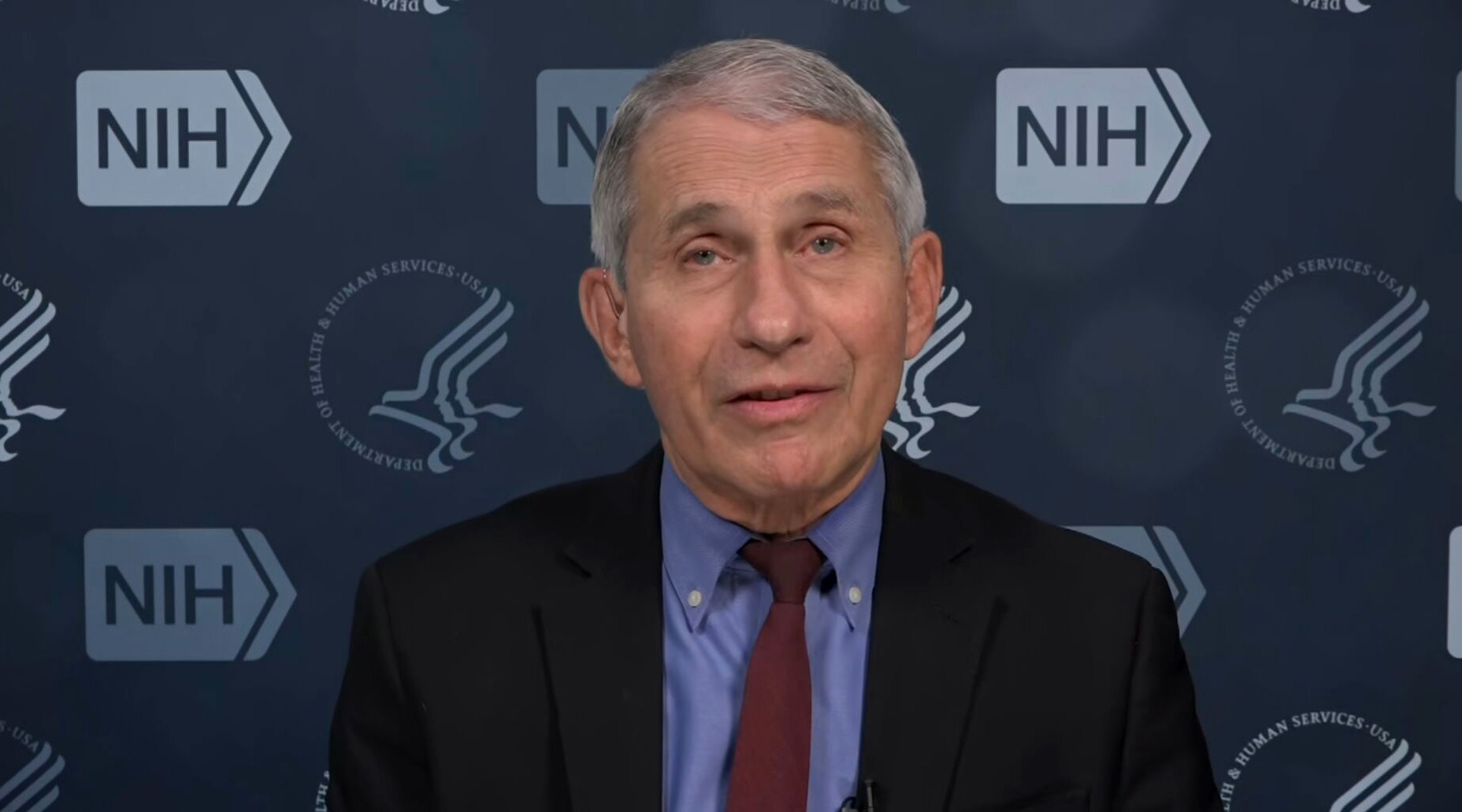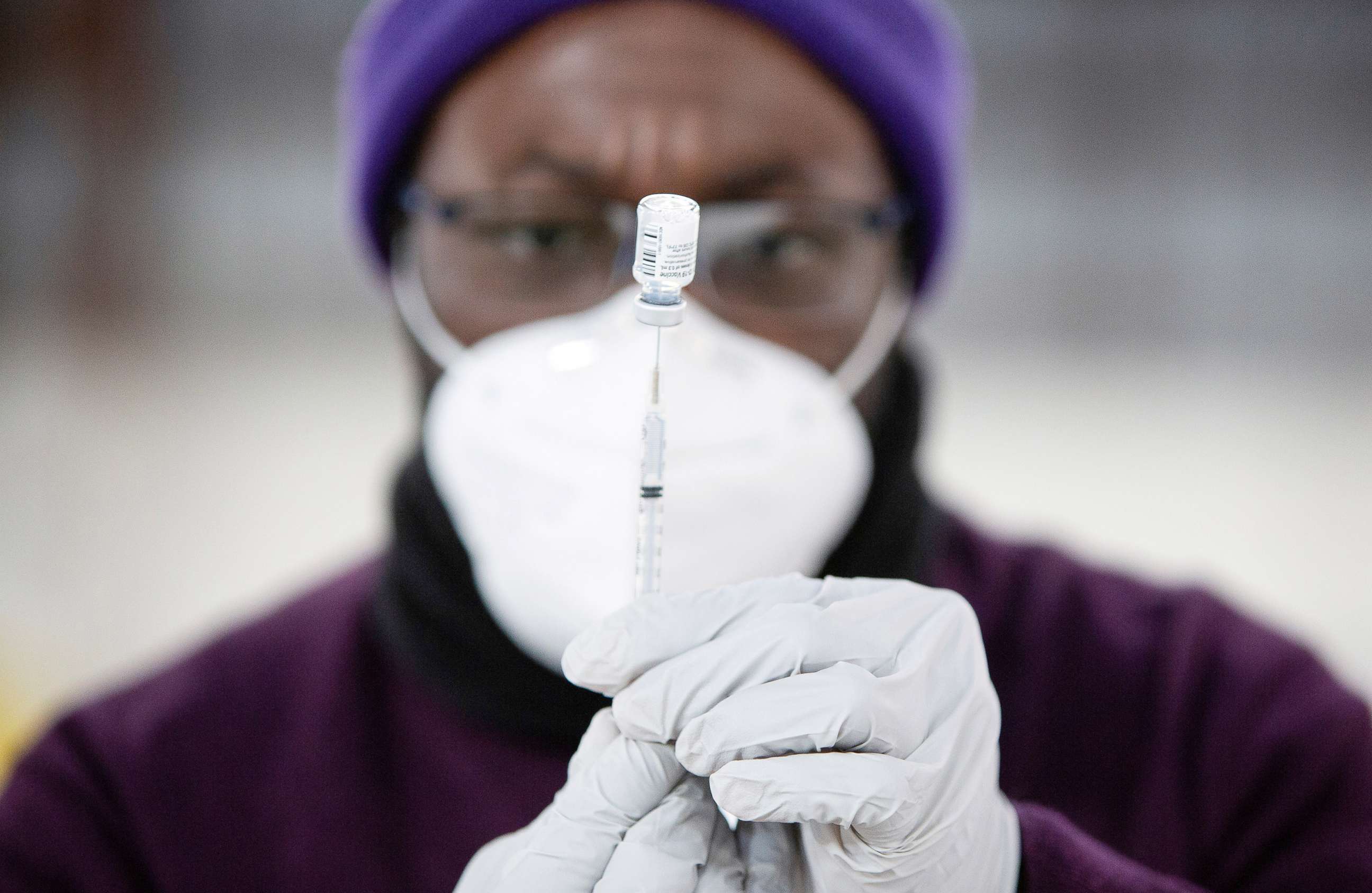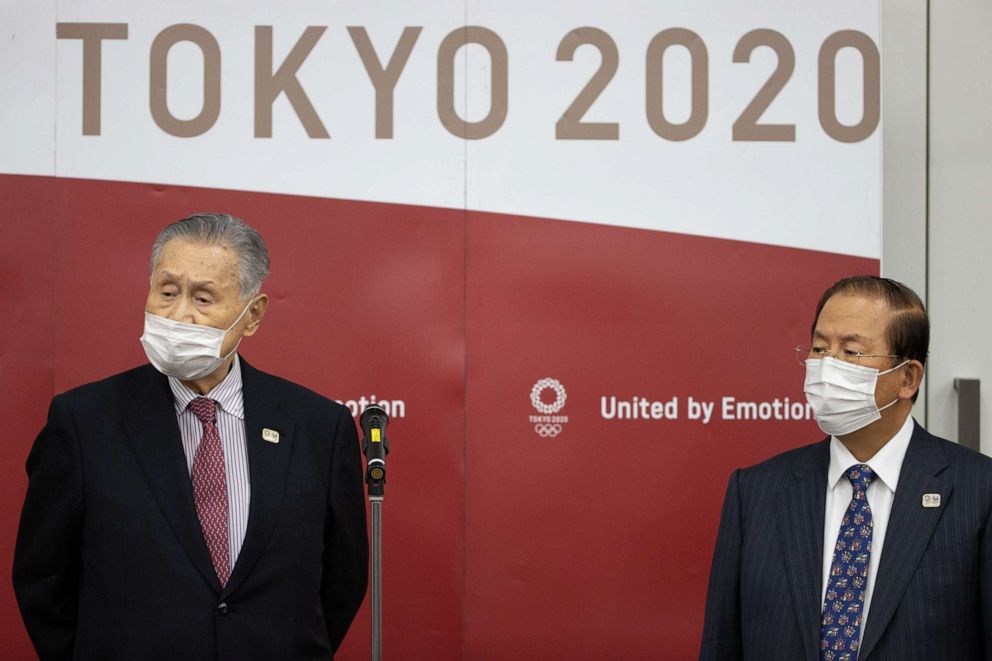New variants fuel Africa's 2nd wave, WHO says
COVID-19 cases and deaths are surging across Africa as new, more contagious variants of the novel coronavirus spread to additional countries, the World Health Organization warned Thursday.
"The variant which was first detected in South Africa has spread quickly beyond Africa and so what’s keeping me awake at night right now is that it’s very likely circulating in a number of African countries," Dr. Matshidiso Moeti, the WHO's regional director for Africa, said in a statement.
Diagnosed COVID-19 infections increased by 50% in Africa between Dec. 29 and Jan. 25, when compared with the previous four weeks. Deaths from the disease rose two-fold in the same period, with over 15,000 concentrated in 10 mainly southern and northern African nations, according to the WHO.
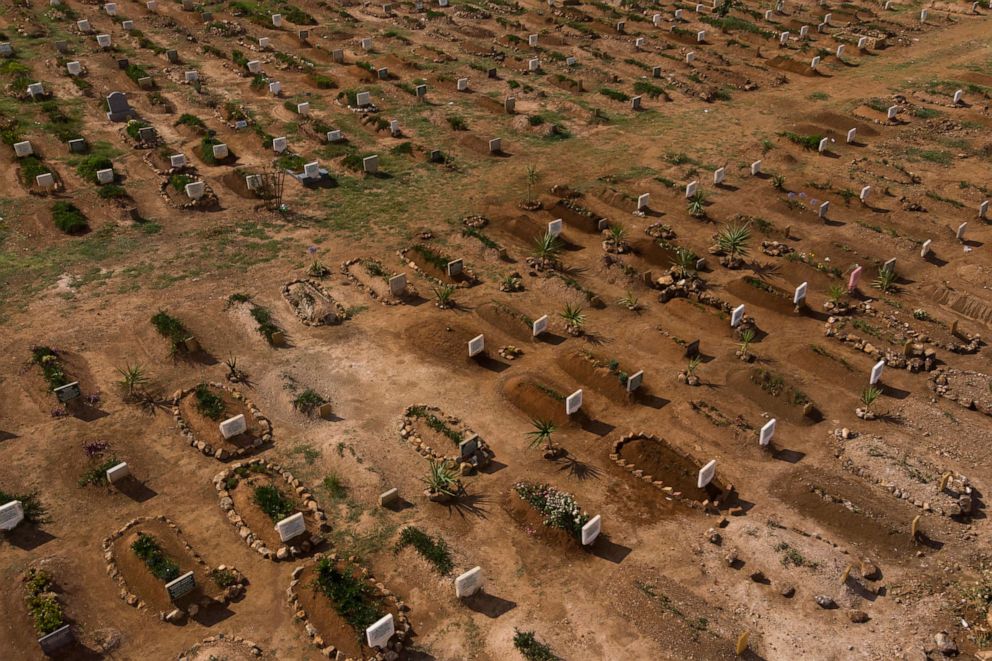
Over the last week, more than 175,000 new cases and over 6,200 new deaths were reported across the continent. There was a small dip in cases in South Africa, but 22 countries continue to see their numbers surge, according to the WHO.
The B1351 variant, first identified in South Africa, is "predominant and powering record case numbers in South Africa and the sub-region," the WHO said. The strain has been detected in Botswana, Ghana, Kenya, the French Indian Ocean region of Mayotte, Zambia and at least 24 non-African nations, according to the WHO.
Meanwhile, another new, highly contagious variant called B117, which was initially detected in the United Kingdom, has been found in Gambia and Nigeria.
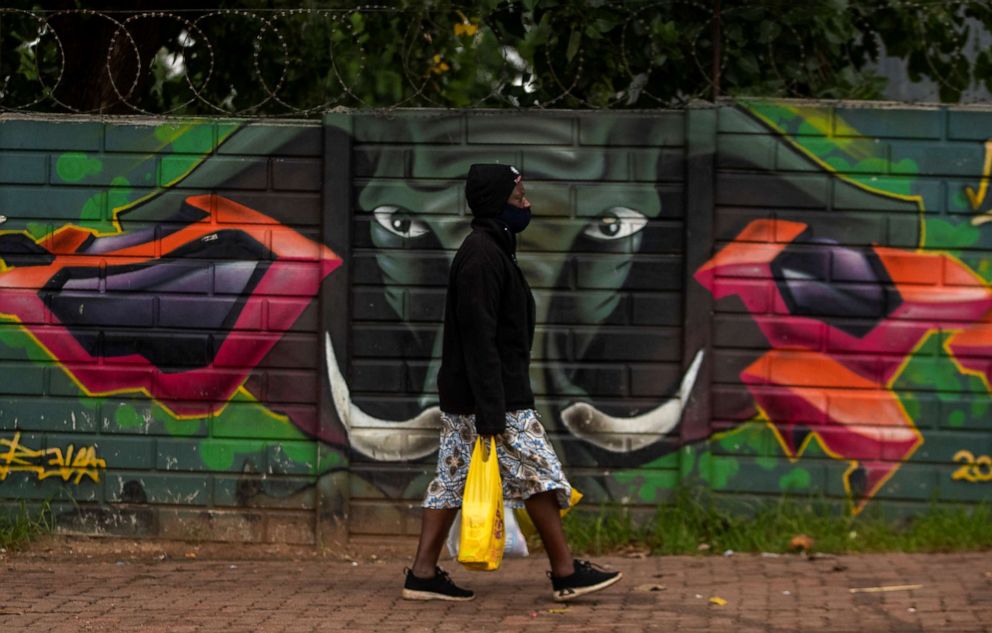
The WHO said it is working to track and tackle new strains of the deadly virus. The U.N. agency, along with the Africa Centers for Disease Control and Prevention, has helped set up a COVID-19 genomic sequencing laboratory network with labs in the Democratic Republic of the Congo, Gambia, Ghana, Kenya, Nigeria, Senegal, South Africa and Uganda.
"In addition to the new variants, COVID-19 fatigue, and the aftermath of year-end gatherings risk powering a perfect storm and driving up Africa’s second wave and overwhelming health facilities," Moeti said. "Africa is at a crossroads. We must stick to our guns and double down on the tactics we know work so well. That is mask wearing, handwashing and safe social distancing. Countless lives depend on it."
